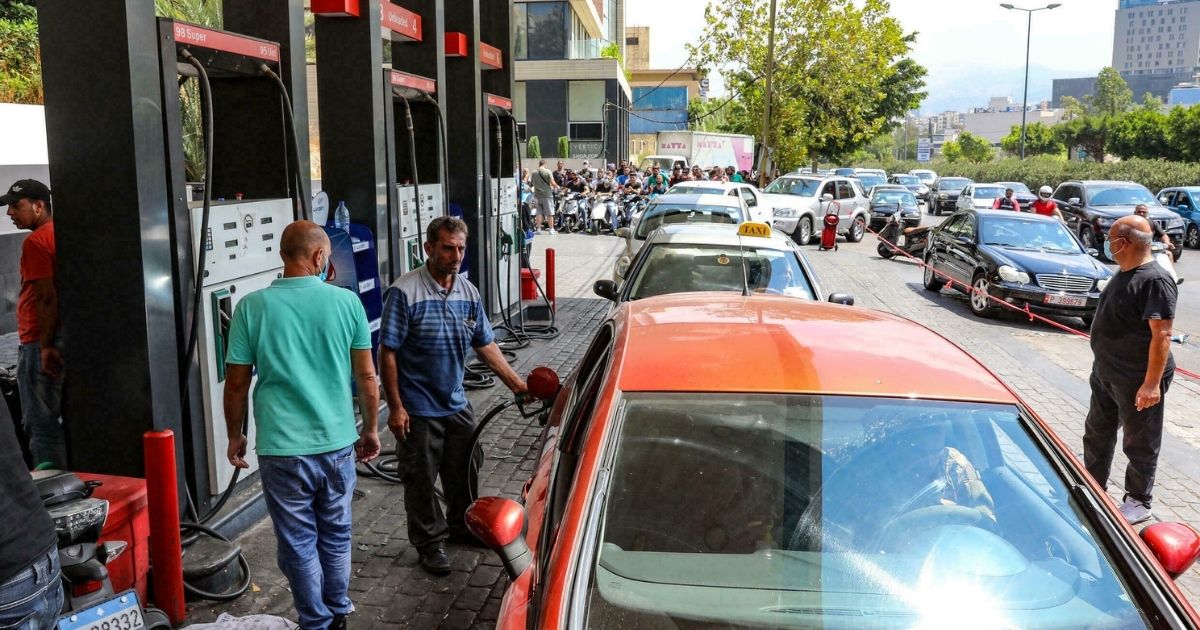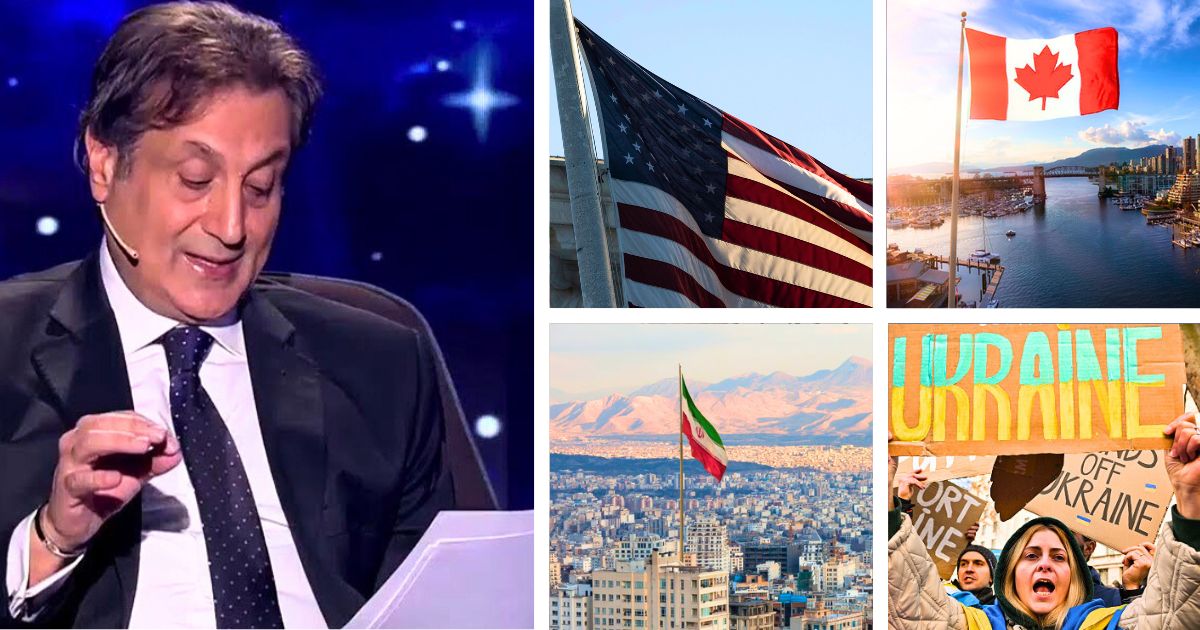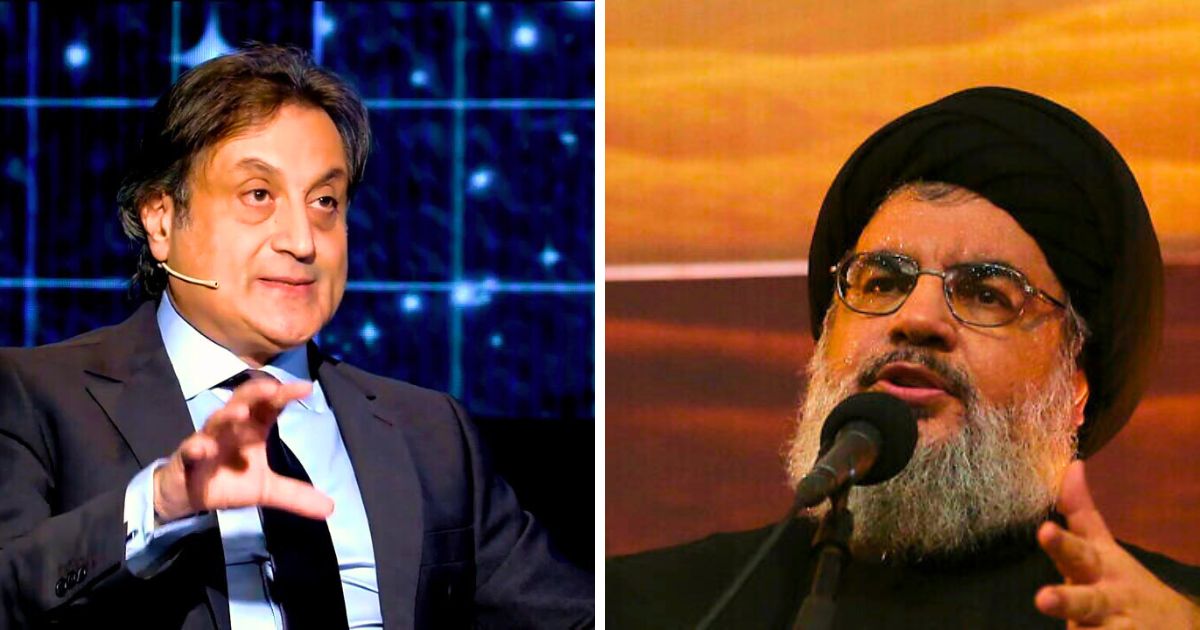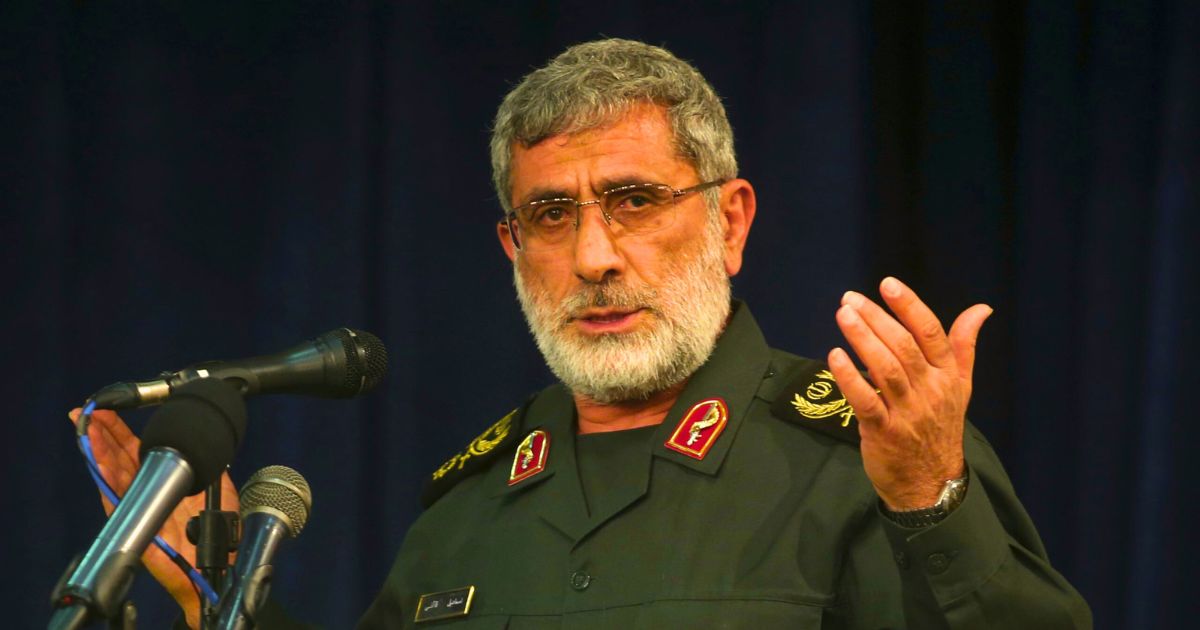People in Lebanon are fearing mid-September with the fuel crisis only worsening.
The gas stations that opened their doors on Tuesday will certainly close them a day later at running out of gasoline. With the lack of fuel and threats around subsidies, the queues have extended longer and longer.
September 10-15 were the expected dates for subsidies’ changes, which have been further delayed.
George Brax, a member of the syndicate of Fuel Stations, just confirmed that the opening of funds for 6 oil ships has taken its official course and will be given prior approvals on the pricing mechanism of 8000 LBP/dollar.
The Central Bank of Lebanon, he said, has informed the oil companies, which means that the issue of raising subsidies will be postponed until the end of September.
“Things are going in this direction for several ships and this leads to a breakthrough in the crisis pending the government’s decision,” Brax assured.
“The lifting of final support does not necessarily mean resolving the crisis, as what price will the dollar be and when will the dollar be secured?” he questioned.
Brax told MTV, “The available quantities are enough for the market for 10 days and we hope that the new Minister of Energy, Walid Fayad, will find an appropriate and approved mechanism.”
However, as he noted, there has been no decision as of yet for the pricing ranges and mechanism.

The fuel crisis will remain subject to two factors: the price of the gasoline tank in Lebanon compared to the price in Syria – which has been causing the smuggling of fuel from Lebanon to Syria – and whether the imported quantities will be sufficient for the Lebanese market.
Despite Brax’s reassurance in regards to the ships, a couple of obstacles are there to impede the resolution of the fuel crisis.
Foreign suppliers have been refusing to unload the fuel from their ships until they get paid the pending dues, a matter the Central Bank of Lebanon has finally just decided to settle, after which the ships are expected to start unloading on Wednesday.
According to LBCI, the Central Bank of Lebanon is also requesting that “banks sign a pledge ensuring that fuel does not enter the black market.”
Meanwhile, the Iranian fuel ships have reached Syria and are expected to arrive in Lebanon on Thursday, according to Hassan Nasrallah, Hezbollah’s secretary-general, in a media appearance on Monday.
Nasrallah called that fuel “a gift from both Iran and Hezbollah,” stating that it will be distributed according to the needs and sold at a lower price than the one set to LBP 8,000.

















